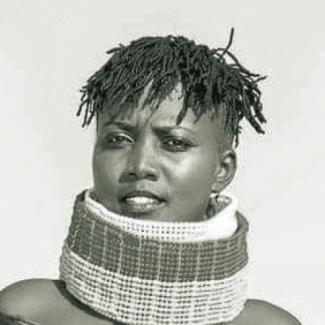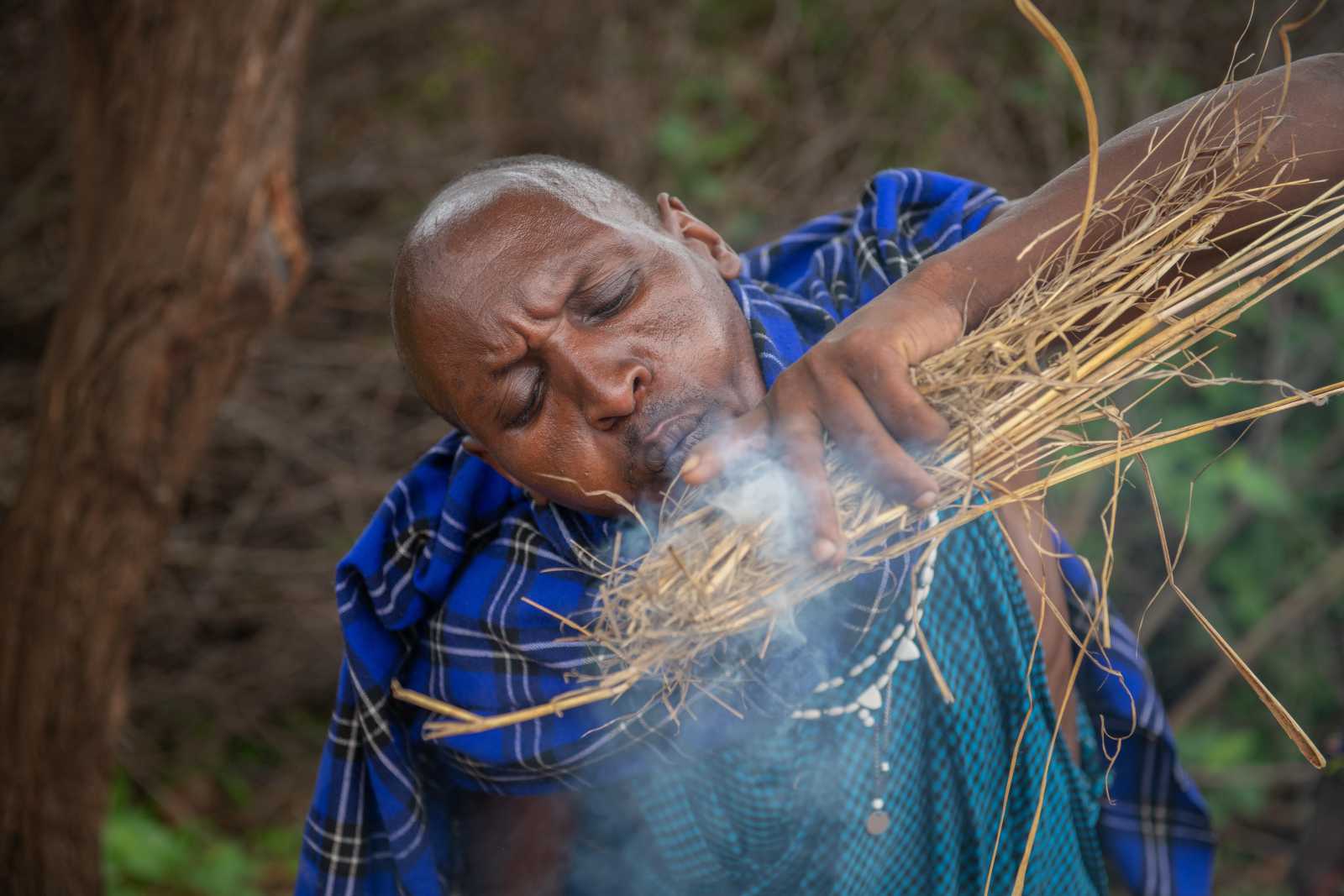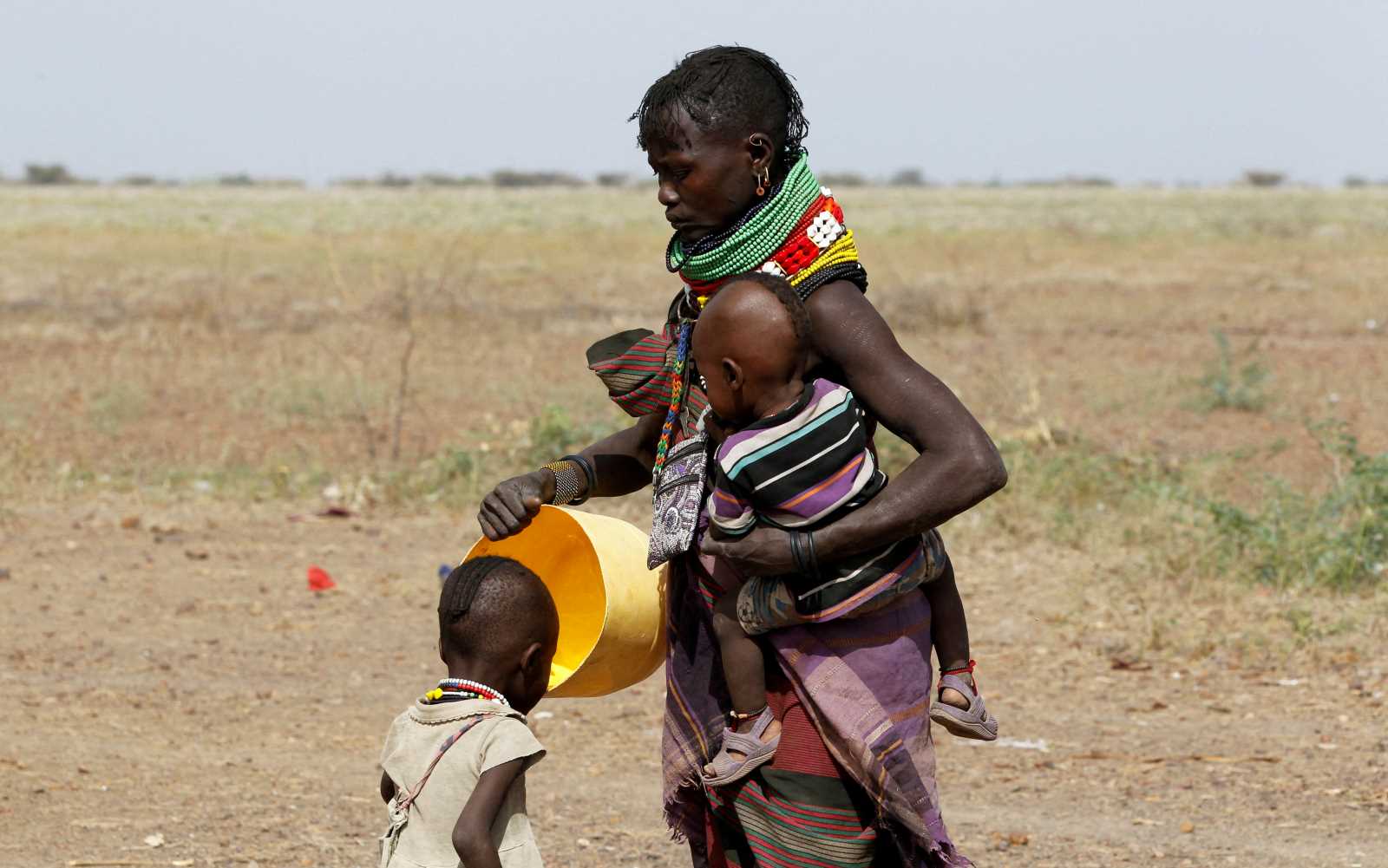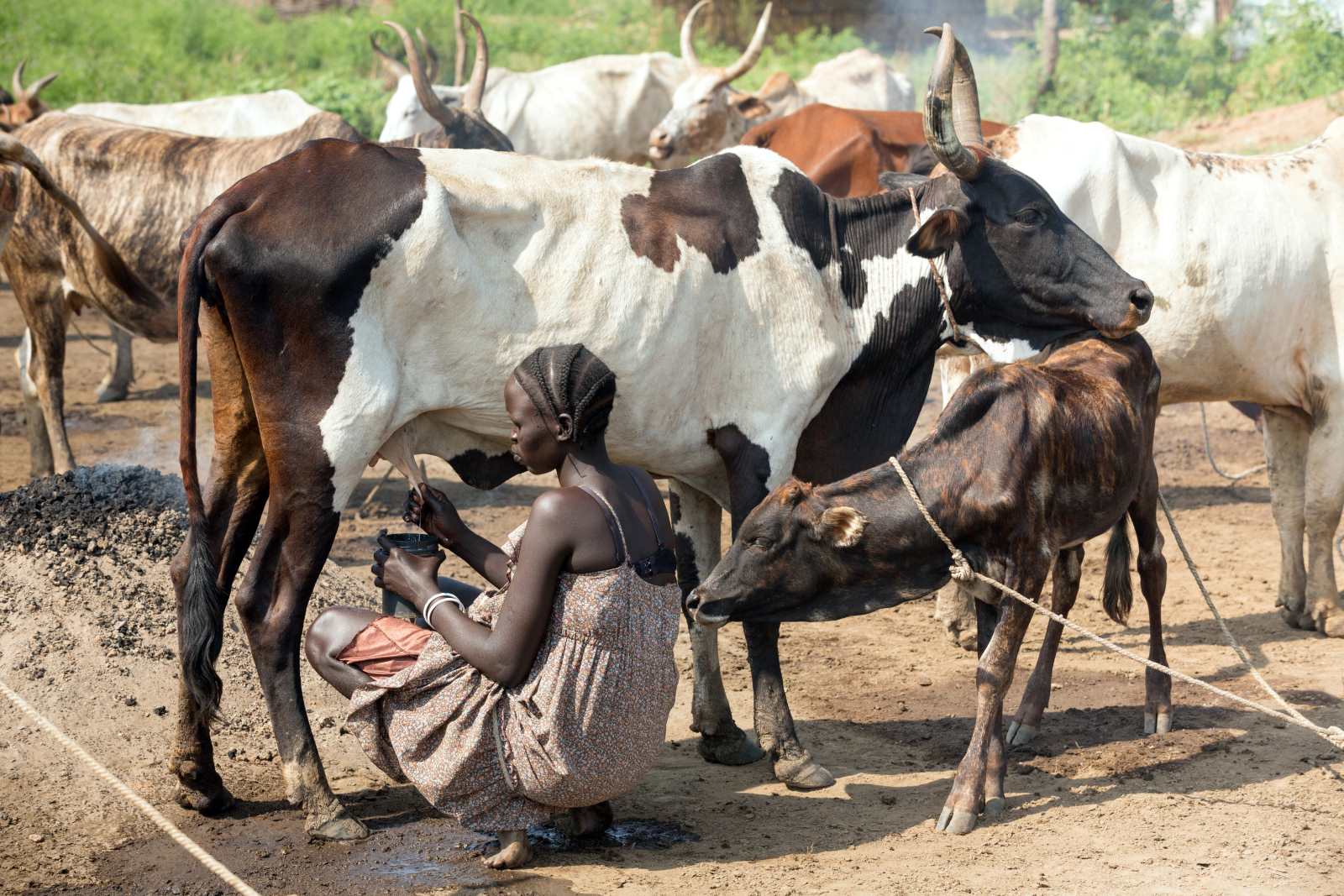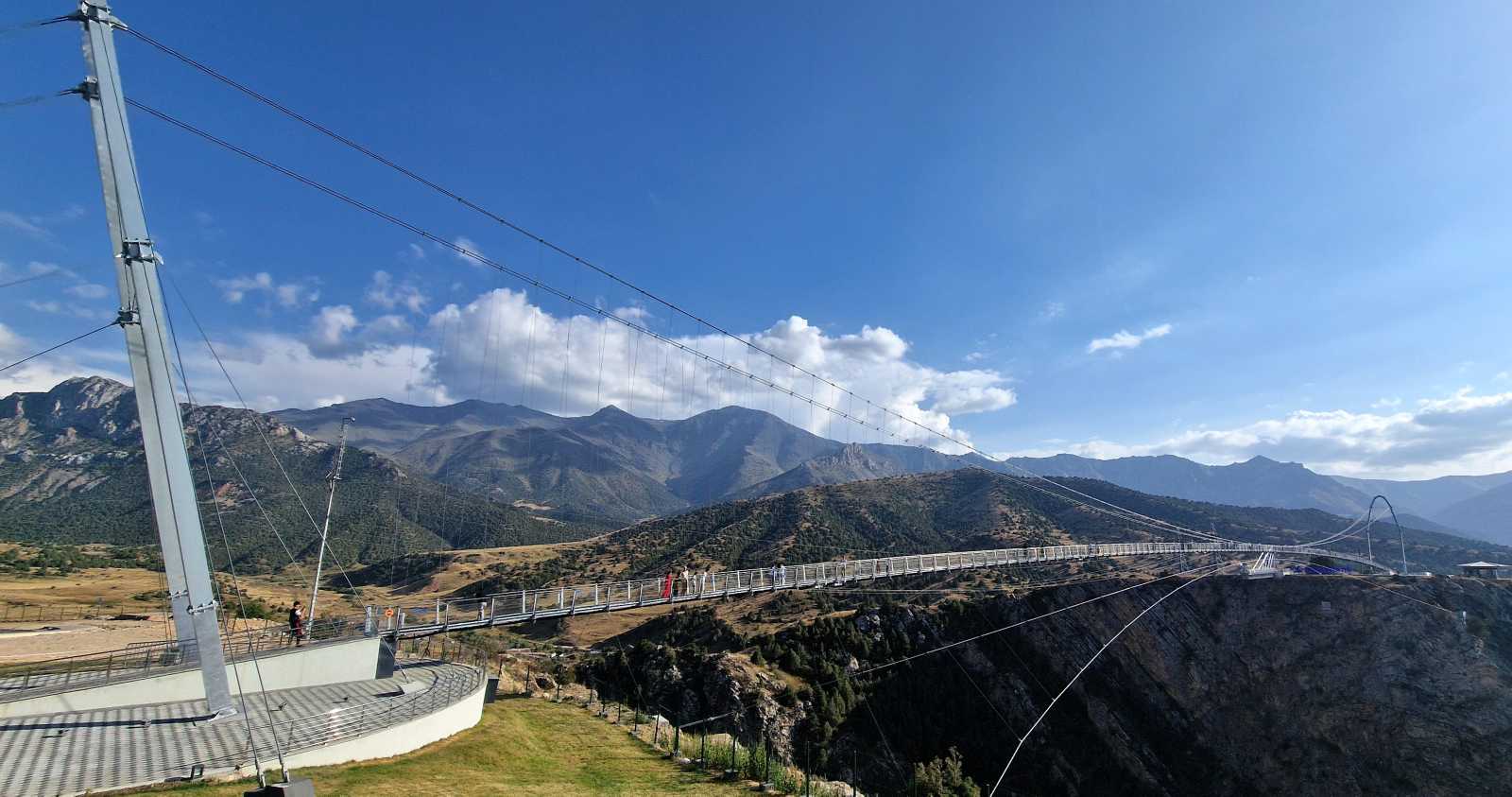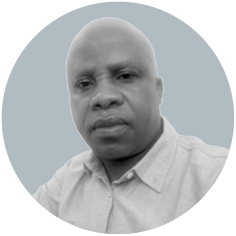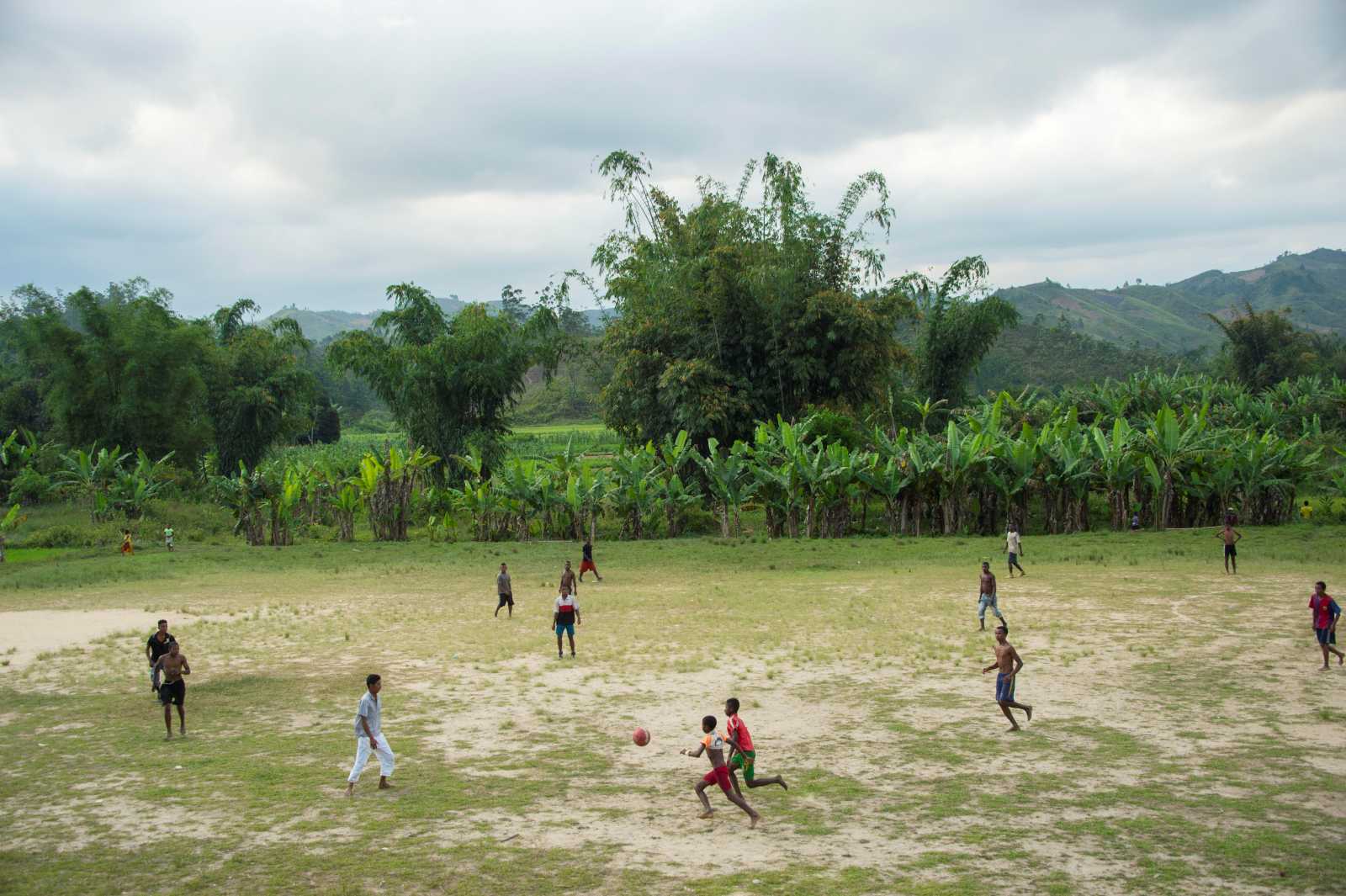Indigenous voices
“It’s remarkable how we retain our cultural identity while changing”
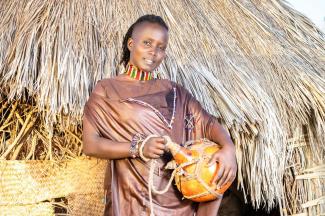
This article is part of an interview series featuring Indigenous voices from different parts of the world, including a Maasai from Kenya, a Santal from India and a Sámi from Norway.
What does your indigenous identity mean to you?
My identity as a Turkana is deeply rooted in our historical and cultural heritage, which has been shaped by centuries of adaptation to the arid environment of northwestern Kenya, particularly around Lake Turkana. The Turkana are a Nilotic ethnic group and part of the Ateker Confederation, as we call a group of closely related indigenous groups: the Jie, Karamojong, Turkana, Toposa, Nyangatom, Teso and Lango. Our origins date back to South Sudan, and we migrated to our current territory in the 17th century.
This identity is not just a label, but a lived experience centred around our nomadic pastoral lifestyle, in which livestock – cattle, goats, camels and sheep – are central to our economy, social structure and spiritual beliefs. Livestock is not only an economic asset, but also symbolises wealth and status and is used, for example, in negotiations over bride prices and dowries.
Where else does this identity come into play?
Our cultural practices are dynamic expressions of this identity. Examples of such practices include our basket weaving, traditional dances such as Edong’a, Naleyo and Ekimuomuor and the annual Tobong’u Lore Cultural Festival (which means “welcome home”).
Our social structure is still based on families and clans, with subdivisions such as Ngirsai (leopard) and Ngimor (stone), which reflect our communal organisation.
Women continue to be particularly skilled in making beadwork and building semi-permanent houses from leaf branches or palm fronds. Men still practise stick fighting and make weapons such as spears and hand knives.
Spiritually, our identity is based on our belief in Akuj, the supreme god, and the veneration of our ancestors, who shape our moral and social fabric. Our language, Ng’aturkana, an Eastern Nilotic language, is an important link to our heritage and preserves oral traditions in proverbs, songs and stories. As a young woman, I am proud of this identity to this day.
What can the world learn from the Turkana?
The Turkana community offers several lessons that can influence global practices, particularly in the areas of sustainability and social cohesion. Our sustainable resource management and traditional knowledge systems are outstanding and have been perfected over centuries in an arid environment.
Research shows that our seasonal migration and water-conservation techniques, such as digging shallow wells in dry riverbeds, are effective adaptations to harsh environmental conditions. Another example is our ability to predict weather conditions by observing the stars, animal behaviour and plants, which can enrich modern sciences such as meteorology. This knowledge is crucial in the face of climate change, as our practices offer models for sustainable living in arid regions.
Our resilience in difficult times is another important lesson. Living in one of the harshest climates in East Africa, we have developed strategies to survive and thrive, such as diversifying our livelihoods through fishing, small-scale trading and crafts, particularly around Lake Turkana. This adaptability can inspire other communities facing similar challenges to integrate modern techniques into traditional knowledge.
What about the social and cultural sphere?
Our strong sense of community and mutual support are exemplary. In Turkana culture, it is customary to share resources such as livestock and food in times of need, which promotes social cohesion and collective well-being and contrasts with the individualistic tendencies of modern societies. The Turkana’s methods of conflict resolution, such as dialogue mediated by elders, can complement modern forms of government.
Our ability to preserve our cultural identity while embracing change is equally remarkable. We remain resilient in the face of challenges such as drought, conflict and marginalisation, and we have integrated Western education, Christianity and new economic opportunities without losing our core values, thereby ensuring cultural continuity in a globalised world.
For many young people, myself included, identifying with Turkana culture means a strong sense of belonging and a support system that extends beyond the nuclear family. In a globalised world where young people often feel uprooted, our culture provides a foundation for a shared identity and purpose. This connection to our heritage gives us a unique perspective on resilience and community, empowering us to navigate modern challenges while staying true to our values.
What would improve the situation of the Turkana?
Our situation needs to improve in all areas. Access to good education is crucial, as many children in Turkana, especially in remote areas, do not receive any schooling. Building more schools, awarding scholarships and offering vocational training in areas such as agriculture, renewable energy and tourism would empower young people and diversify livelihoods.
Given the poor state of roads, health facilities and the water supply in our region, infrastructure improvements are also essential. Investment in boreholes, irrigation systems and mobile clinics would improve access to water and health services, while better roads would connect remote communities to markets, thereby reducing economic isolation.
Sustainable economic opportunities such as fishing cooperatives, ecotourism and pearl embroidery, supported by training in climate-friendly agriculture and access to microfinance, can open up additional sources of income, which would empower women in particular.
Given the vulnerability of our arid environment, it is also crucial to combat climate change and environmental degradation. Initiatives such as reforestation, water harvesting and renewable energy projects can mitigate the effects of drought. Partnerships with non-governmental organisations and the government to restore degraded land could support our way of life as livestock farmers and ensure food security.
The Turkana region repeatedly makes headlines due to conflicts between a variety of actors. What can be improved here?
Inter-communal conflicts over resources persist. Strengthening traditional peace mechanisms such as elder councils and supporting disarmament programmes can reduce violence, while cooperative resource management with neighbouring communities would promote stability.
Finally, given our historical marginalisation, securing land rights and ensuring political representation are important. Meaningful consultations and a fair distribution of profits from development projects such as oil production, as well as greater political participation at the national and regional level, would protect our interests, especially in large-scale projects affecting our ancestral lands.
What is the biggest success your community has achieved?
Empowering women in Turkana through economic initiatives such as beadwork cooperatives and small-scale retail has improved household income, challenged traditional gender norms and contributed to greater equality in our society. This is something I would like to further promote through my community-based organisation Desert Roses with initiatives such as the “Let the Girl Play Initiative”, which empowers young women by promoting education and leadership skills in sport, thereby improving their self-confidence and opportunities.
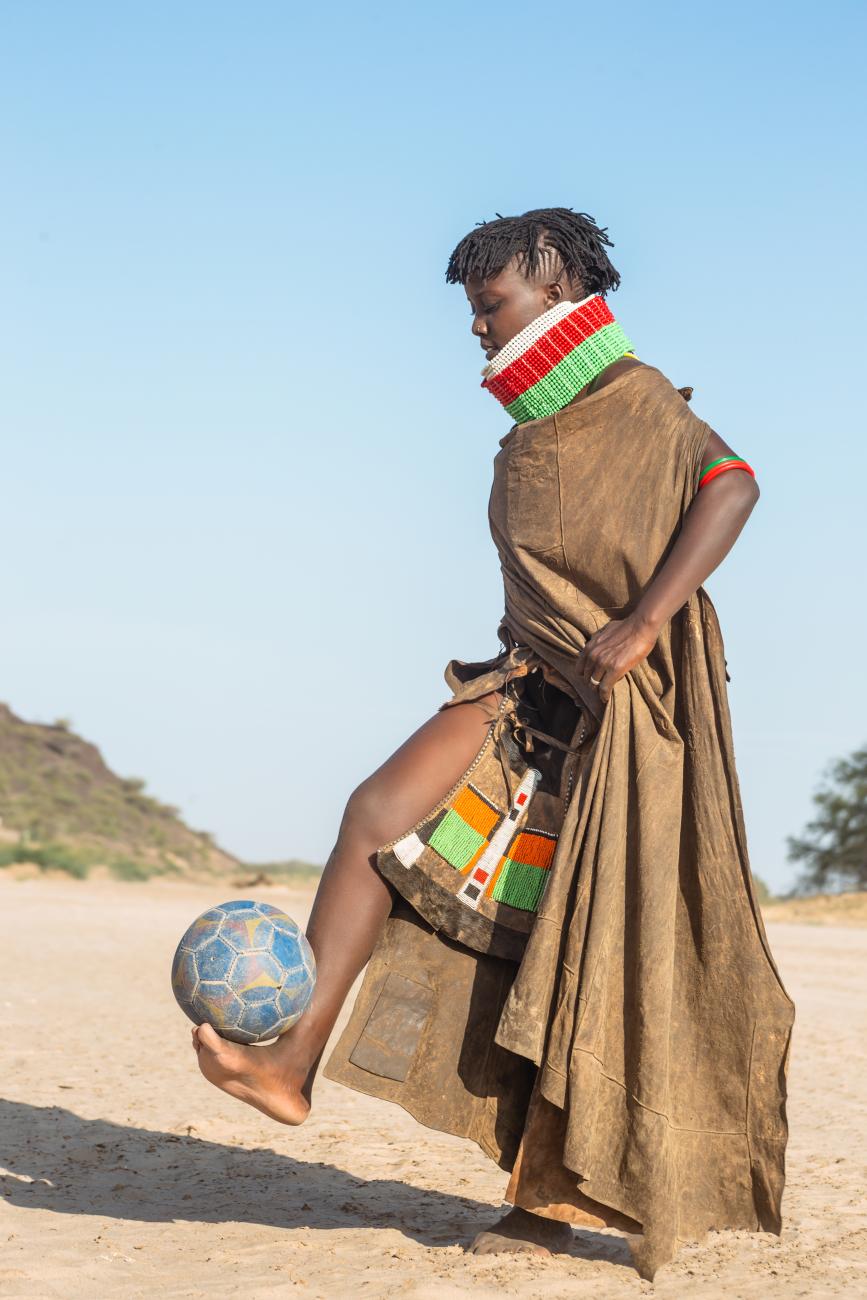
Our collaboration with researchers and the global recognition of the Koobi Fora archaeological site, which has yielded significant archaeological discoveries, have put Turkana on the map as a cradle of humanity, created tourism opportunities and strengthened our pride in our identity and connection to the origins of humankind.
However, the greatest achievement of the Turkana community is our enduring resilience and cultural continuity despite numerous challenges. Our ability to preserve our traditions and way of life across generations and to give today’s youth a sense of identity while continuing to adapt to change, is a testament to our strength.
Rael Nkoi Lomoti is the founder of Desert Roses and a Turkana. “Roses Will Rise”, a book about her life and story, will be published in October.
desertrosesturkana@gmail.com
